Social media plays a significant role in our lives. However, posts and interactions on social media can be used as evidence in legal cases, including domestic battery cases. Understanding how social media can impact your case and how to protect yourself is crucial.
Can Social Media Be Used Against You in a Domestic Battery Case?
Social media can be used against you in a domestic battery case. Prosecutors and opposing attorneys can use your posts, comments, photos, and even private messages as evidence to support their case. This guide explains the following:
- How social media can impact your case
- Examples of social media being used as evidence
- Steps to protect yourself on social media
- The importance of legal representation
Here’s a closer look at each.
How Social Media Can Impact Your Case
Social media can significantly impact your domestic battery case. Anything you post online can be used as evidence against you. This includes posts, comments, photos, videos, and messages on platforms like Facebook, X, Instagram, and Snapchat. Even if you delete a post, it can still be recovered and used in court. Social media activity can be used to establish a timeline of events, demonstrate your state of mind, or show contact with the accuser in violation of a protective order. It’s essential to be mindful of what you post and how it can be perceived.
Related: Domestic battery charges in Illinois
Examples of Social Media Being Used as Evidence
There are several ways social media can be used as evidence in a domestic battery case:
Posts and Comments: If you post about the incident or make comments that seem threatening or aggressive, these can be used to show intent or a pattern of behavior. For example, if you post about being angry or make derogatory comments about the accuser, this can be used to support the claim that you have a violent disposition.
Photos and Videos: Photos or videos that show you with the accuser, especially if they violate a protective order, can be used to demonstrate that you did not comply with court orders. For instance, a photo of you and the accuser together after a no-contact order was issued can be detrimental to your case.
Messages and Chats: Private messages or chats with the accuser or others can be used to show intent, admission of guilt, or attempts to influence witnesses. For example, if you send messages admitting to the altercation or trying to persuade the accuser to drop the charges, these can be used as evidence against you.
Steps to Protect Yourself on Social Media
To protect yourself on social media during a domestic battery case, you should take several precautions:
- Limit Your Activity: Avoid posting anything related to the case, the accuser, or your emotional state. It’s best to stay off social media entirely until your case is resolved.
- Review Your Privacy Settings: Ensure that your social media accounts are private and that only trusted friends and family can see your posts. However, remember that privacy settings are not foolproof, and anything you post can still potentially be accessed.
- Avoid Discussing the Case: Do not discuss the details of your case with anyone on social media. This includes private messages and chats. Keep all conversations about your case between you and your lawyer.
- Monitor Your Tags: Be aware of posts or photos that others tag you in. Untag yourself from any posts that could be misconstrued or used against you.
The Importance of Legal Representation
Having a skilled lawyer is crucial when facing a domestic battery charge, especially in the age of social media. Your lawyer can advise you on how to handle your social media activity, gather evidence to support your defense, and challenge the prosecution’s use of social media evidence. They will work to protect your rights and build a strong defense on your behalf. Your lawyer can also cross-examine witnesses and experts who testify about your social media activity to challenge their interpretations and conclusions.
Related: How to get ready for a domestic battery trial
FAQ About Social Media and Domestic Battery Cases
Check out these commonly asked questions about social media and domestic battery cases. If you don’t see your question here, please call our office and we’ll find you the answers you need.
Can Social Media Posts Be Used as Evidence in Court?
Yes, social media posts can be used as evidence in court. Anything you post online can be scrutinized and used to support the prosecution’s case against you.
How Can I Protect Myself on Social Media During a Domestic Battery Case?
To protect yourself, limit your social media activity, review your privacy settings, avoid discussing the case online, and monitor posts you’re tagged in. Follow your lawyer’s advice regarding social media use.
Related: How to defend against false allegations of battery
Can Deleted Social Media Posts Still Be Used Against Me?
Yes, deleted social media posts can still be recovered and used as evidence. It’s best to avoid posting anything related to your case or the accuser from the start.
Should I Deactivate My Social Media Accounts?
Deactivating your accounts can be a good step to prevent any potential issues, but consult with your lawyer before doing so. They can advise you on the best course of action based on your specific situation.
How Can a Lawyer Help With Social Media Evidence?
A lawyer can help by advising you on social media use, gathering evidence to support your defense, and challenging the prosecution’s use of social media evidence. They will work to protect your rights and build a strong defense.
Do You Need to Talk to an Attorney About Domestic Battery Defense?
If you need to talk to a domestic battery defense attorney in Illinois, we’re here to help. Call us at 847-920-4540 now – we’ll be happy to give you a free consultation and talk to you about your options.


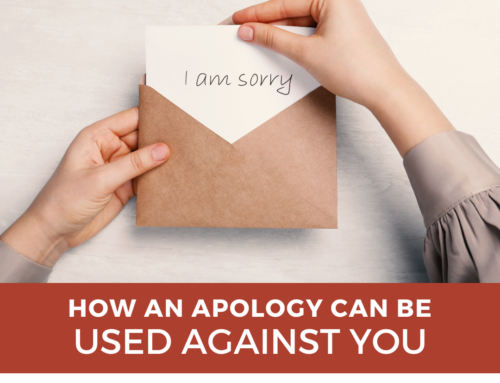
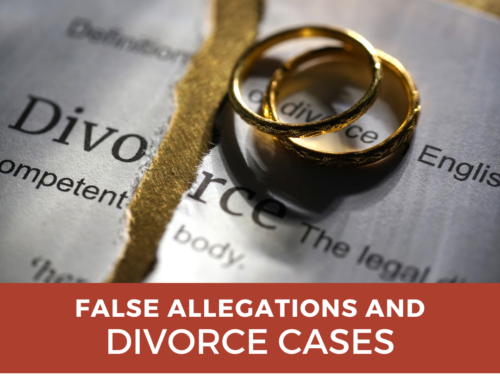
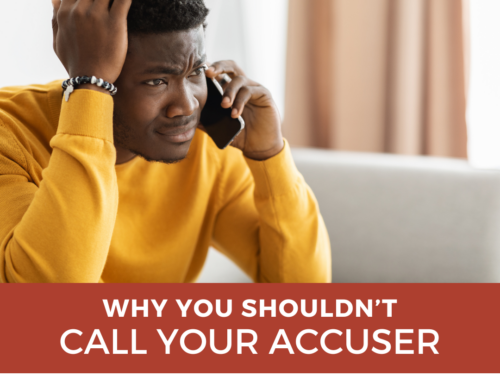
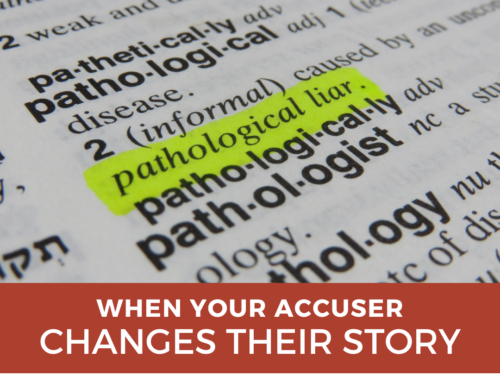
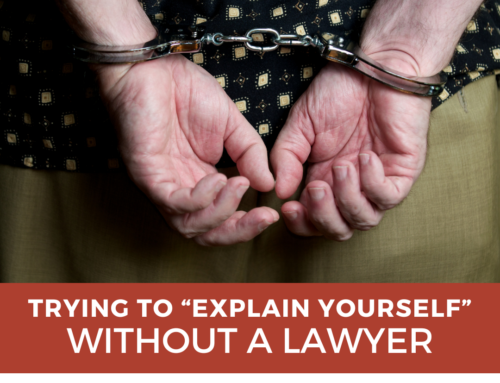
Leave A Comment
You must be logged in to post a comment.